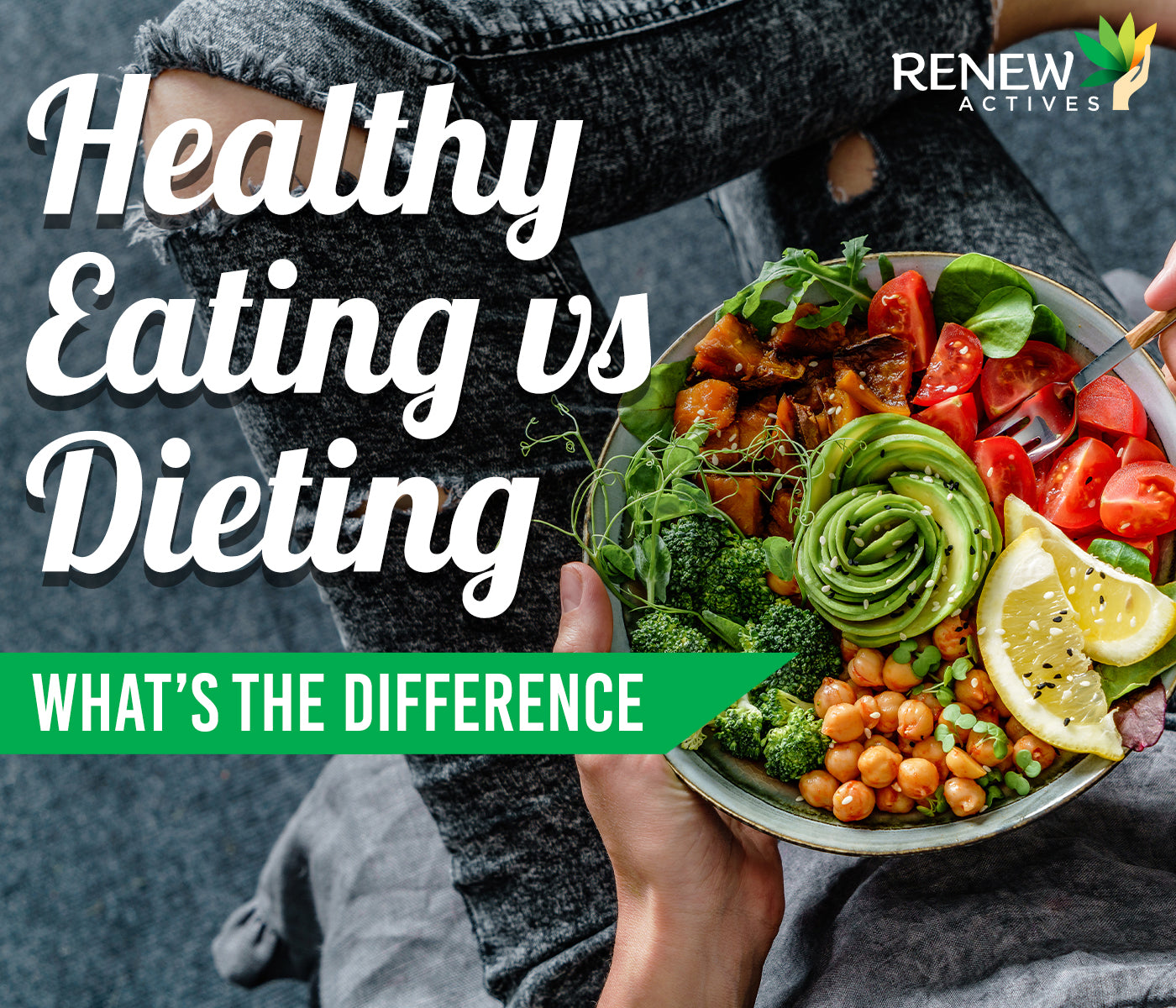
Healthy Eating vs Dieting: Is There a Difference?
What’s the best way to lose weight?
This is probably one of the most asked questions especially when summer is approaching because everyone seems determined to show off their beach bodies.
Right around this time, you can expect fad diets to be in demand because we love the idea of getting slim without spending too much time and effort.
But is dieting really the answer?
How about eating healthier instead?
Though the goal may be similar, these two concepts are entirely different from one another and people need to know these differences so they can choose what’s best for them.
Dieting is restrictive while healthy eating is freeing

One of the obvious differences between the two is that fad diets are limiting and more outcome-based while healthy eating is more liberating.
Dieting requires discipline because certain foods are off-limits no matter how much you’re craving for them. This is where the problem with dieting begins.
When you can’t fight the urge to take a bite out of that slice of cake, you give in to the temptation and later regret it like you’ve committed life’s greatest sin.
Consistency is key when you’re trying to lose weight and between dieting and healthy eating, the latter seems to make consistency much more achievable.
This makes sense because the more you keep yourself from giving in to your cravings, the more you’ll likely give in to the temptation. Fad diets are not sustainable, so to speak.
Dieting can increase the risk of chronic diseases

Though this does not apply to all, there are fad diets that restrict if not totally eliminate fruits, vegetables, whole grains, and dairy products.
We all know how these foods contain important nutrients that may help prevent varying health conditions. If you’re missing out on these important nutrients for the sake of losing weight, you’re increasing your risk of getting sick.
Dieting can affect athletic performance

Some diets limit carbohydrate intake thereby increasing symptoms of fatigue while reducing the body’s endurance and energy supply.
Low carbohydrate diets can also lead to fluid and electrolyte loss, all of which are crucial for anyone who lives an active lifestyle.
This is why fad diets are not recommended for athletes because they tend to reduce athletic performance.
Fad diets can increase the risk of kidney stones and gout

Another important consideration when it comes to dieting is its potential to affect your organs.
High-protein and low-carbohydrate diets in particular often lead to the formation of uric acid and calcium oxalate. What good is losing weight when the trade-off is medical conditions that will not only cost you money but also inflict pain and discomfort?
Limited food choices

Since dieting is more restrictive, your food choices are limited as well if you decide to go this route. This is because your main goal is to change your body rather than get healthy.
With healthy eating, your food choices aren’t limited because your goal is more centered on overall health, well-being, and eating experience.
With healthy living, you can eat anything you want, even the “bad” ones as long as you take them in moderation.
Final Thoughts

Losing weight is a good thing but the method you use in achieving this goal shouldn’t come at a price. In the end, a stunning beach body is useless if you’re always sick and you’re depriving yourself of the great things life has to offer.
